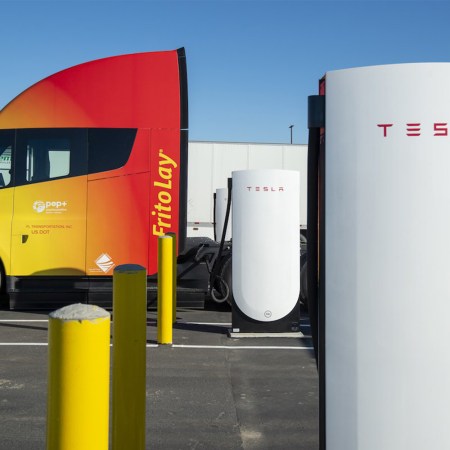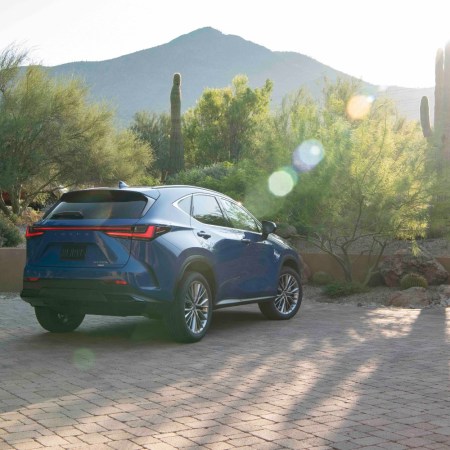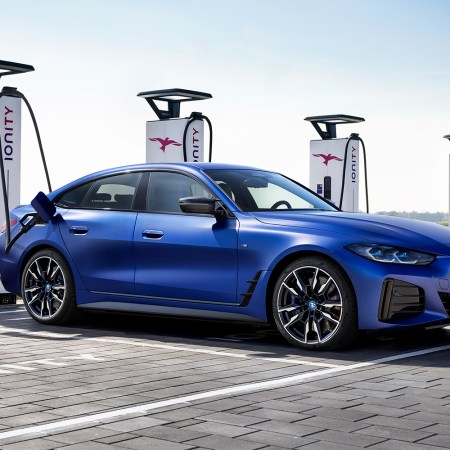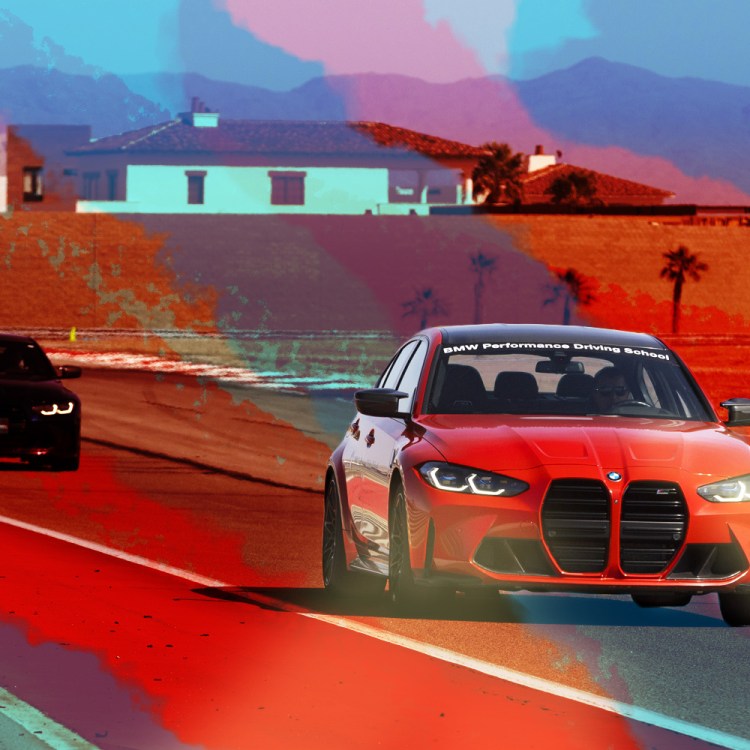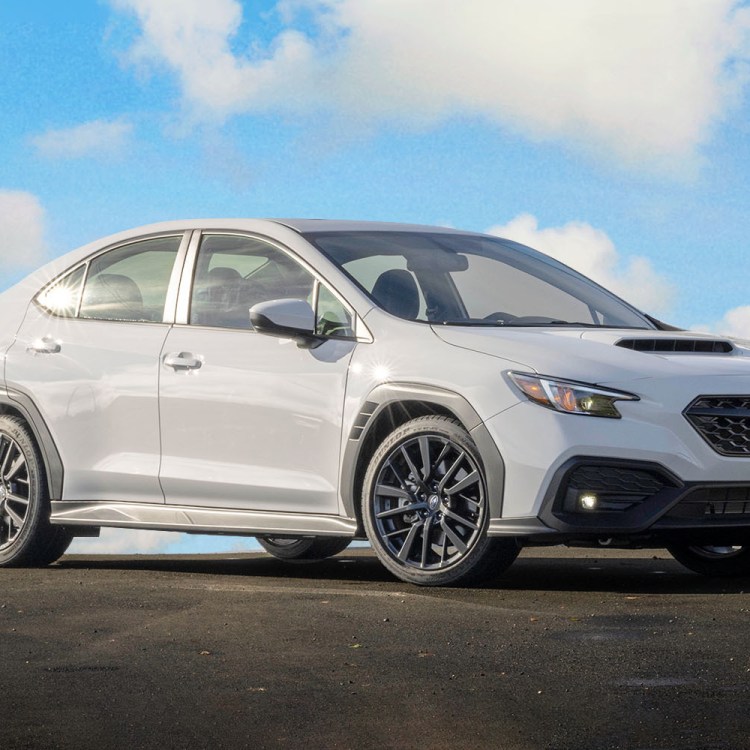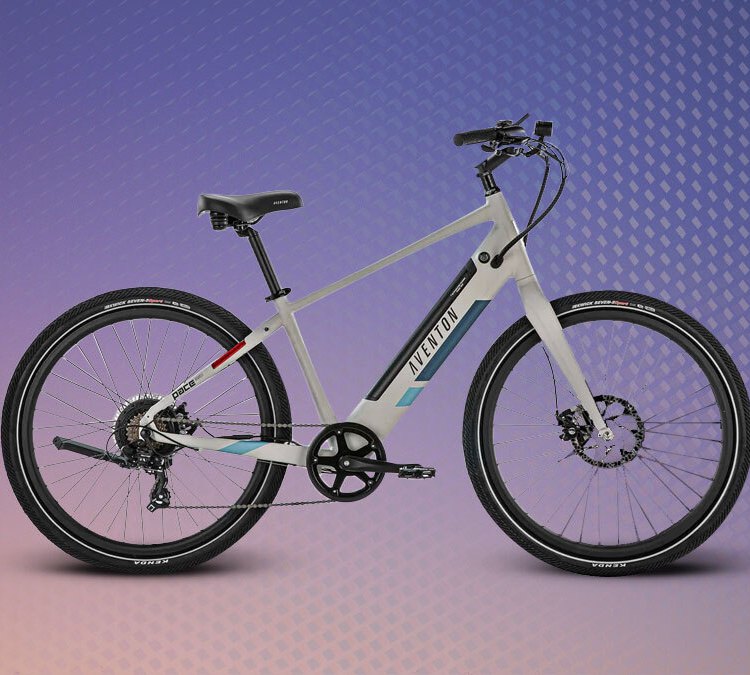This is the moment EV drivers have been waiting for: “Tesla Superchargers across the US will soon be open to all EVs.”
On Wednesday, the electric vehicle company said it would begin to open up its vast charging network, which has largely only been accessible to Tesla cars, to all other EVs. The announcement was made in concert with the Biden administration, as the White House has been working with Elon Musk to unlock his company’s EV chargers in their bid to offer Americans 500,000 charging ports by 2030. As reporting has noted in the week leading up to this decision, by opening up its charging network to vehicles from other brands, Tesla will now be eligible to receive funding from the $7.5 billion federal EV charging program.
As President Joe Biden said on Twitter, this is “a big deal” (and one that has been in the works for years). How big of a deal is it? Just look back at our charging report from 2019: Back then, an electric car owner and expert at Edmunds told us bluntly that an EV-only household “is a tough sell anywhere”; but he made an exception for Tesla owners, as they had exclusive access to a comprehensive, reliable, convenient fast-charging network. Now, everyone will have the same access.
Or will they? While this is great news for EV ownership, the great Tesla unshackling comes with multiple caveats.
The first asterisk goes back to the opening quote of this story, which was deliberately selective. The entire quote, as taken from the Twitter account for Tesla’s charging arm, reads, “Select Tesla Superchargers across the US will soon be open to all EVs.” The operative word there being “select.”
What Tesla is promising here is to open up “3,500 new and existing Superchargers along highway corridors to non-Tesla customers” as well as “4,000 slower chargers at locations like hotels and restaurants,” per Reuters. That’s a lot of plug-ins. But at the moment, Tesla currently has 17,711 Superchargers (faster Level 3 chargers) and around 10,000 Destination chargers (slower Level 2) in the U.S. As this announcement was just made, we don’t know how exactly these charging stations will be divvied up between those that are fully accessible and those that are still exclusive.
Tesla’s Latest Achievement Is Great News Even If You Hate Tesla
If you’re at all interested in American manufacturing, at leastThere’s also the issue of timing. At the moment, the plan is to open up these chargers by the end of next year. Again, some of the Superchargers promised in this deal have yet to be built, and Tesla is planning to go on a building spree, saying that its “[U.S.] network will more than double by the end of 2024 to support our growing Tesla fleet and new EV customers.” So all you Ford Mustang Mach-E and Nissan Leaf drivers will have to wait a bit for access to all of these new fill-up locations.
Then there’s the problem of how to plug in your non-Tesla EV at a Tesla station. At the moment, Tesla uses a proprietary charging port that cannot be used by other vehicles (on the flip side, Tesla owners have adapters that allow them to fit any other charger into their car’s port). In Europe and Australia, where some Superchargers have been open to other vehicles since 2021, Tesla has used a universal CCS (Combined Charging System) charging architecture in both its stations and vehicles, and fitting Tesla chargers with CCS compatibility will likely be the solution here. (Last month, Electrek reported on the leak of a “Magic Dock” CCS design for the Supercharger.)
In other words, this change at Tesla is going to take a lot of work to roll out. It’s not like the company’s so-called recall of 360,000 vehicles today, where it can reportedly fix an issue with the driver-assistance software by a simple over-the-air update. Expect some hiccups along the way, but in the end, just like Musk and Biden are setting aside previous differences to tweet support of each other, this move is setting aside the hierarchy between EV owners in support of a more equitable electric future.
Thanks for reading InsideHook. Sign up for our daily newsletter and be in the know.


